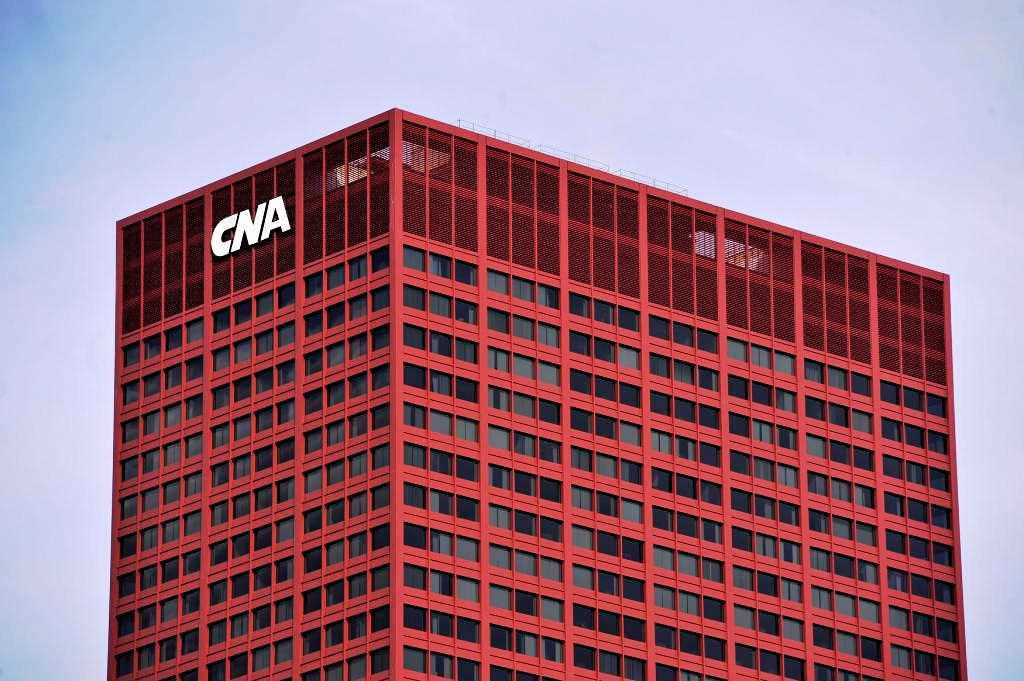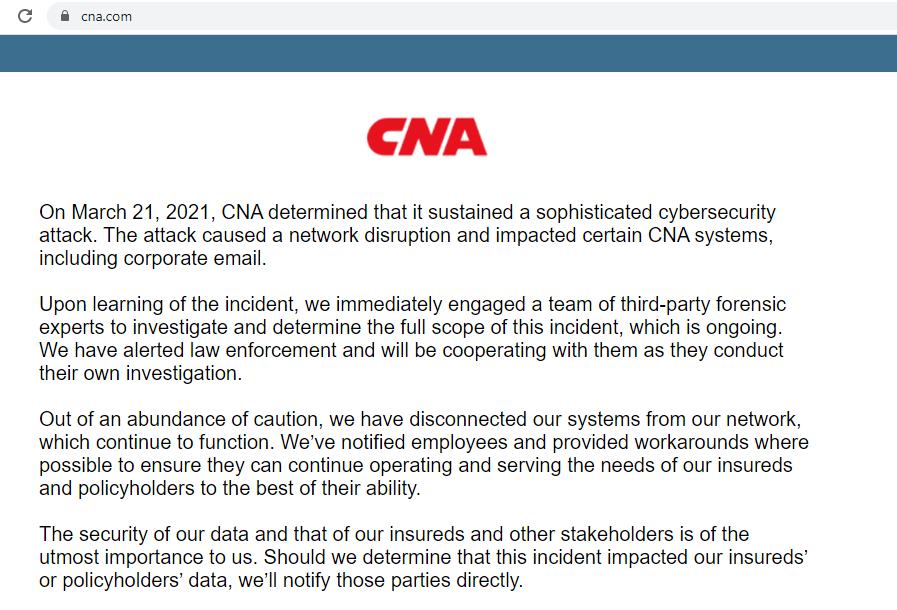Hat tip: On January 20th, 2021, the very day President Joe Biden took the oath of office, Endeavors put out a news release announcing the hiring of Andrew Lorenzen-Strait, a former Immigrations and Customs Enforcement (ICE) official who also served as a Biden transition advisor on Homeland Security issues.
“This is a no-bid contract, and those should be used in only the most extraordinary circumstances,” said Tom Jones of the American Accountability Foundation, a conservative-leaning watchdog organization.
Andrew Lorenzen-Strait landed his job at Endeavors (formerly Family Endeavors) in January straight off the Biden transition team following a stint with one regional Lutheran refugee contractor, and a little over six months at LIRS, the national organization.
He had spent years in the federal government, at ICE in fact, before hitting on this likely lucrative gig.

EXCLUSIVE: The Department of Homeland Security’s Inspector General’s office is evaluating a multi-million dollar contract awarded to a Texas company that employs a former Biden transition official, multiple sources with the probe confirm to Fox News.
A DHS IG official tells Fox News the contract, with the San Antonio-based nonprofit Endeavors, is the subject of an ongoing evaluation to look at how “ICE plans to house migrant families in hotels, and how ICE selected a contractor to implement these plans.” The Formal title of the probe is, “ICE’s Contract to House Migrants in Hotels.”
Tens of thousands of migrants are crossing the southern border every month, with nearly 180,000 encountered by Customs and Border Patrol along the Southwestern Border in April 2021.
Thousands of those migrants are now being housed in hotels, thanks to Endeavors. The company recently landed a couple of massive government contracts worth upwards of a half-billion dollars.
On January 20th, 2021, the very day President Joe Biden took the oath of office, Endeavors put out a news release announcing the hiring of Andrew Lorenzen-Strait, a former Immigrations and Customs Enforcement (ICE) official who also served as a Biden transition advisor on Homeland Security issues.
STEPHEN MILLER CALLS OUT BIDEN FOR $87M MIGRANT HOTEL CONTRACT: THIS ‘LOOKS CORRUPT’
Less than two months after Lorenzen-Strait’s arrival, federal records show endeavors entered into a no-bid contract with the Department of Health and Human Services for up to $579 million and another no-bid with Homeland Security for $87 million.
“This is a no-bid contract, and those should be used in only the most extraordinary circumstances,” said Tom Jones of the American Accountability Foundation, a conservative-leaning watchdog organization. “It’s typical and it’s terrible. Both sides do it. It’s why we have a massive budget deficit and a debt going through the roof…There’s scumminess and swampiness on both sides of this but we need to root that out.”
Endeavors declined to answer questions about the contracts but in a statement to Fox News called Lorenzen-Strait “a valued leader on the Endeavors team. He is a recognized expert in migrant child and family welfare who consulted with a variety of for-profit and nonprofit organizations after he left his career in federal government in May 2019”
Immigration and Customs Enforcement declined to answer our specific questions about the scope of its contract with Endeavors but wrote: “The border is not open, and individuals continue to be expelled under the Centers for Disease Control and Prevention’s (CDC) public health authority. The families that come into ICE custody will be housed in a manner consistent with legal requirements for the safety and well-being of children and their parents or guardians.”
The Republicans on the House Oversight Committee sent a letter to Health and Human Services Secretary Xavier Becerra over concerns about the no-bid nature of the contract, for Endeavors, which is sometimes referred to as Family Endeavors.





